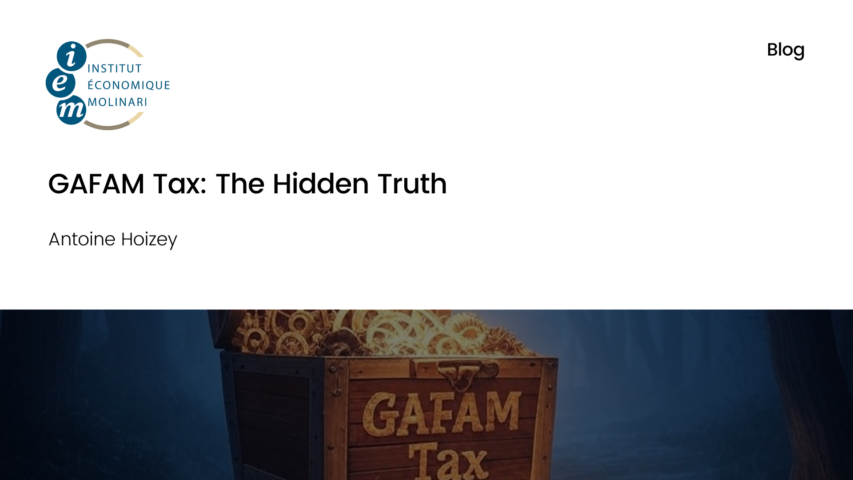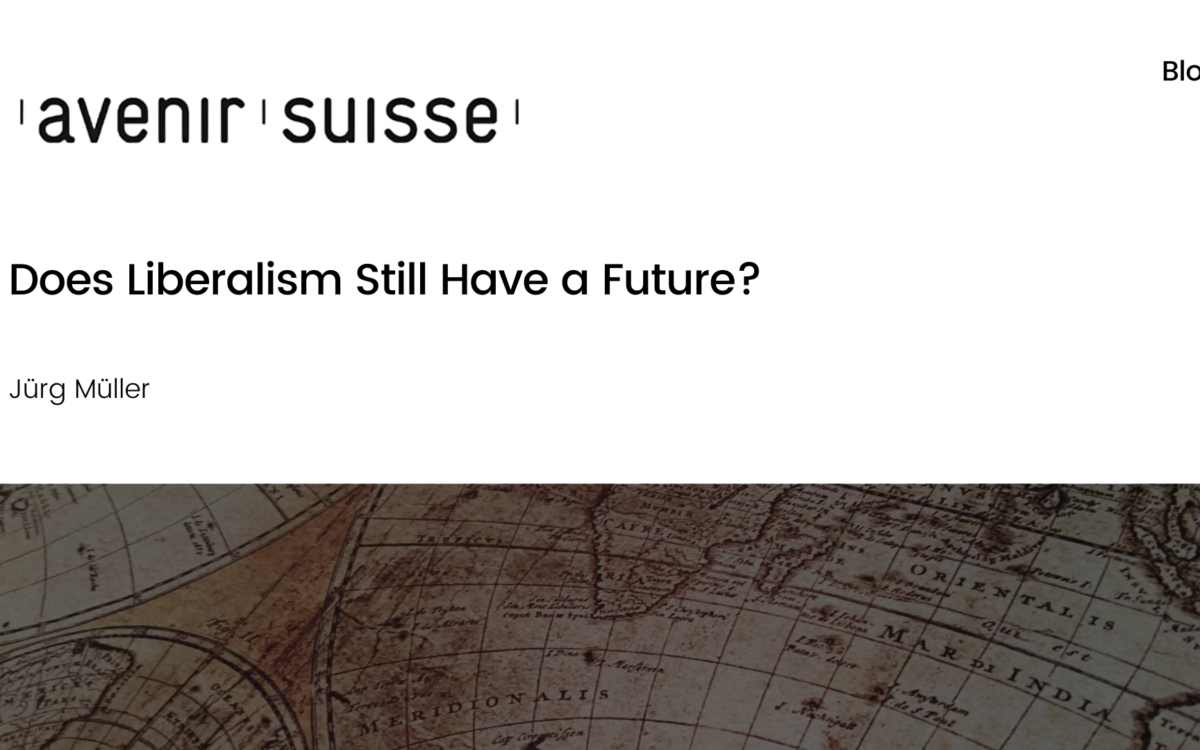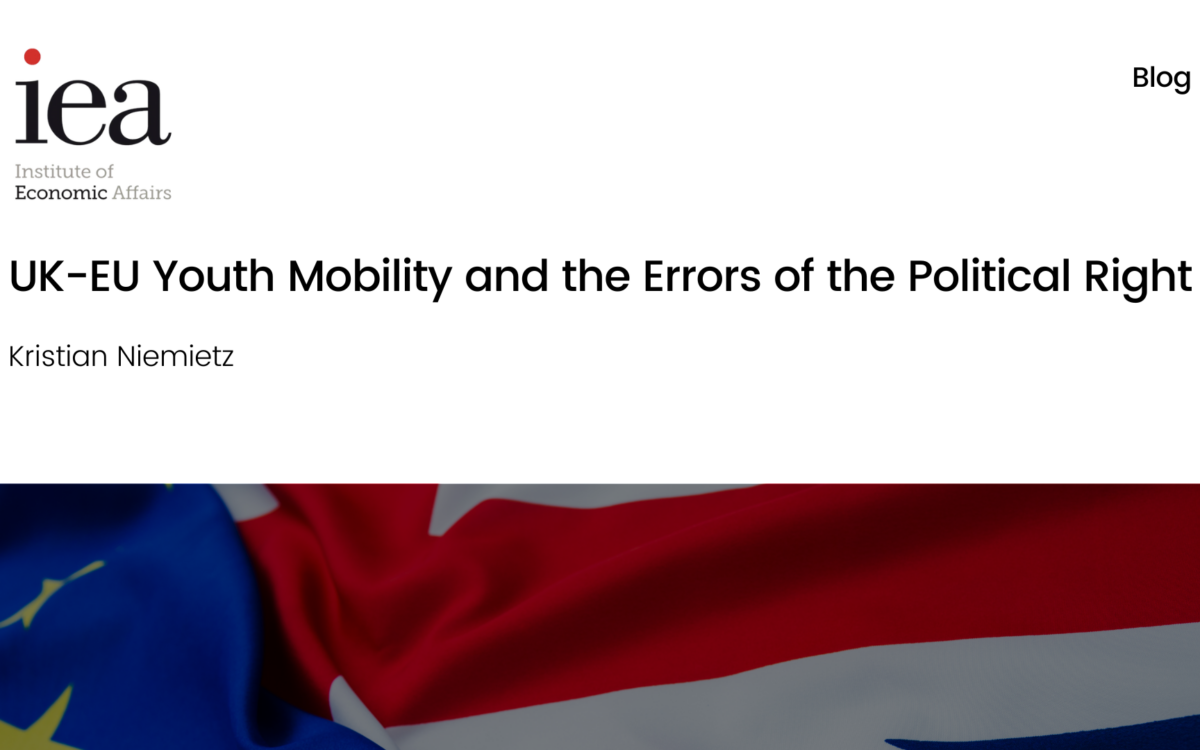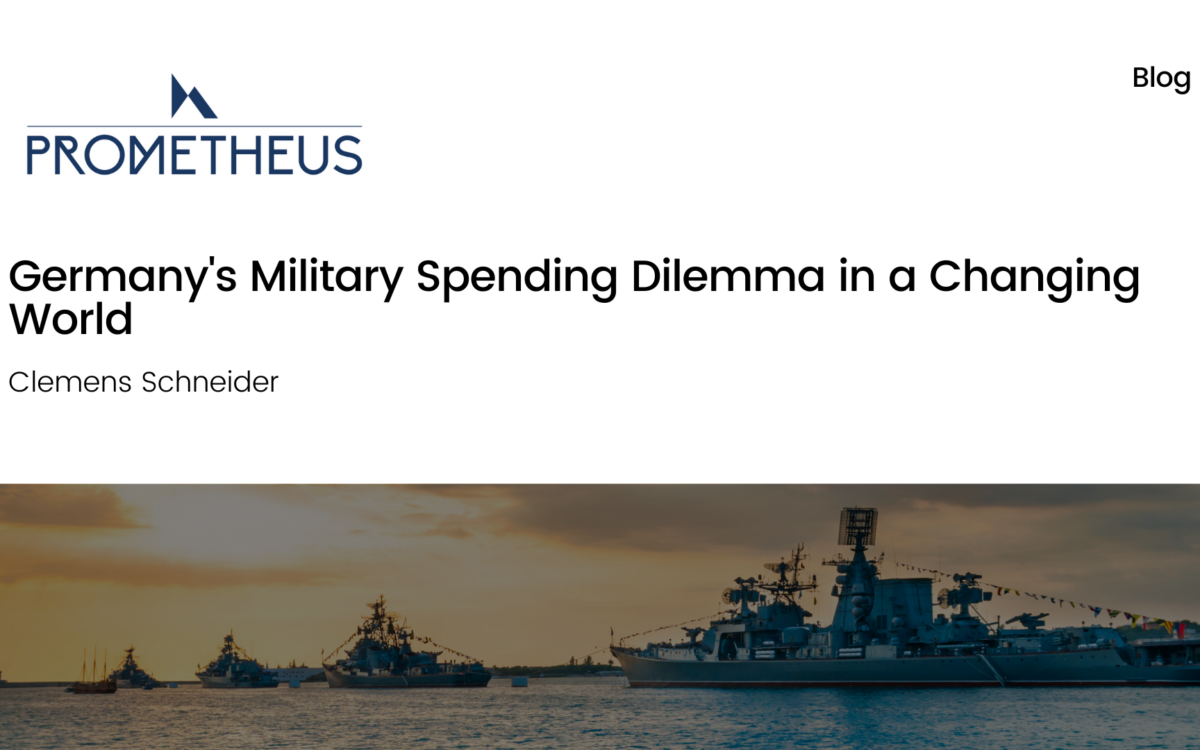GAFAM Tax: The Hidden Truth

GAFAM Tax: The Hidden Truth
Antoine Hoizey // 9 September 2021
The GAFAM, an acronym for US tech giants Google, Apple, Facebook, Amazon and Microsoft, are constantly – and wrongly – accused of not paying their taxes. This accusation has surfaced again in a new study which was featured in the media of several francophone countries.
The study, conducted by the NGO ActionAid, and released on the 20th of May 2021, contends that the G20 countries could have received 32 billion dollars in additional taxes if the GAFAM paid their real share of tax. The study also claims that this sum would enable us to vaccinate the global population against Covid-19. However, when one investigates this further, one can see that the apparent tax evasion of the GAFAM rests on false assumptions. In addition, the real cost of vaccinating the world is strongly underestimated.
The supposed tax evasion was calculated by using the annual reports of American companies (10-K), dividing their profits according to their number of users, and looking at the GDP per capita of the different countries. Based on GAFAM’s profits, as well as the corporate tax in each of the G20 countries, ActionAid argued that the GAFAM should have paid 32 billion dollars tax. So far, the methodology seems ingenious. However, one can find a central flaw in it.
The calculations from ActionAid rely on the assumption that the GAFAM are not paying tax on their profits. However, the annual reports of the five multinationals (10-K) show that the GAFAM are paying nearly 33 billion dollars in taxes around the world. As the G20 make up 90% of global GDP, most of the 33 billion dollars inevitably went to them.
The false information propagated by ActionAid does not just end with GAFAM taxes. The ActionAid study assumes that 32 billion dollars are sufficient to vaccinate the entire global population against Covid. Their calculate with 3,6 dollars per person – which assumes AstraZeneca’s cheapest prices. However, two assumptions need to be questioned.
Firstly, the price of a vaccine dose varies considerably from one provider to another. A dose of AstraZeneca costs 1.6 dollars while a dose of Pfizer costs over 20 dollars, demonstrating that the study used the cheapest provider as a reference point. However, it is impossible to vaccinate the whole population with the cheapest vaccine, especially since AstraZeneca is the one that people have been most reluctant to take.
Secondly, the cost of a dose is not representative of the real cost of a complete vaccination programme. The NGO has left out all the operational costs, connected to the transport and preservation of the vaccines, as well as the costs of paying healthcare staff who are working in the vaccination centres.
These two points already demonstrate that vaccinating the global population would require significantly more than 32 billion dollars. According to a calculation made by Journal de Montréal, 2 billion Canadian dollars would be necessary to vaccinate 37 million Canadians, meaning 80 dollars per person. Using this calculation shows that the real cost of vaccinating the world population is 15 times higher than that assumed by ActionAid.
Despite these flaws, the results of the ActionAid study have been circulated in several francophone countries, namely Belgium, and Canada. It serves as an excellent example in showing to what extent the GAFAM have become global scapegoats. The GAFAM can therefore be accused of all wrongdoings, with near certainty that its findings will not be verified a posteriori. This dishonest strategy only harms the debate further and it is often consumers who end up paying the price for it.
The original article was published by IEM in French. The article was translated by Giulia Honegger.
EPICENTER publications and contributions from our member think tanks are designed to promote the discussion of economic issues and the role of markets in solving economic and social problems. As with all EPICENTER publications, the views expressed here are those of the author and not EPICENTER or its member think tanks (which have no corporate view).



